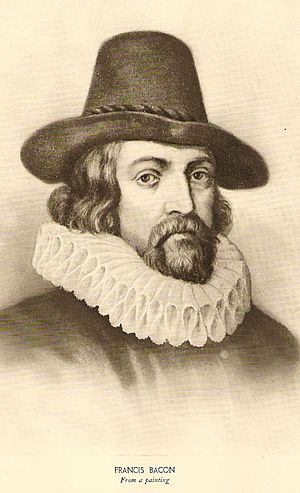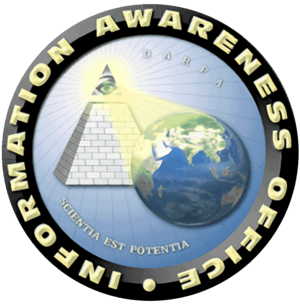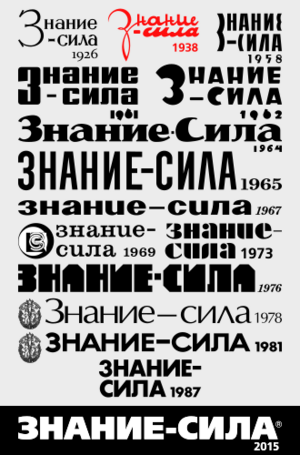Scientia potentia est facts for kids
The famous saying "Knowledge is power" means that having information and understanding things gives you an advantage. It helps you make good decisions and achieve your goals. This idea has been around for a long time. It is often linked to two important English thinkers: Sir Francis Bacon and Thomas Hobbes.
Contents
Who Said It First?
The exact phrase "knowledge is power" was first written in Latin as scientia potentia est. This happened in 1668 in a book called Leviathan by Thomas Hobbes. Interestingly, Hobbes used to be a secretary for Sir Francis Bacon when he was younger.
Sir Francis Bacon's Idea

Before Hobbes, Sir Francis Bacon (who lived from 1561 to 1626) wrote something very similar. In his book Meditationes Sacrae (from 1597), he used the Latin phrase ipsa scientia potestas est. This means "knowledge itself is power."
Bacon believed that understanding how the world works gives people the ability to control and improve things. He thought that by learning about nature, humans could use that knowledge to make life better. For him, knowing was the first step to doing.
Thomas Hobbes's View
Thomas Hobbes (who lived from 1588 to 1679) was another important English philosopher. He wrote the phrase scientia potentia est in his book Leviathan.
Hobbes saw knowledge as a type of power, but he also thought it was a "small power." He meant that true knowledge is rare. Only a few people truly understand many things. He believed that knowledge is only powerful if you really grasp it and can use it.
Other Mentions of the Idea
The idea that knowledge gives you power has appeared in many places throughout history.
Ralph Waldo Emerson
An American writer named Ralph Waldo Emerson also wrote about this idea. In his essay Old Age (published in 1870), he said: "Skill to do comes of doing; knowledge comes by eyes always open, and working hands; and there is no knowledge that is not power." This means that you gain knowledge by being observant and active.
Knowledge in Germany
In Germany, after the country united in 1871, the saying "Wissen ist Macht" (Knowledge is power) became popular. People often added to it: "geographisches Wissen ist Weltmacht" (geographical knowledge is world power). This was used to support Germany's efforts to gain colonies around the world.
Even today, a German military unit, the Bundeswehr Bataillon Elektronische Kampfführung 932, uses the Latin phrase Scientia potentia est as its motto. This unit deals with electronic warfare, showing how knowledge is still seen as a powerful tool in modern times.
|
See also
- Information warfare
- Intelligence (information gathering)
- List of Latin phrases
- Power-knowledge
- Rationality and power
 | Sharif Bey |
 | Hale Woodruff |
 | Richmond Barthé |
 | Purvis Young |



